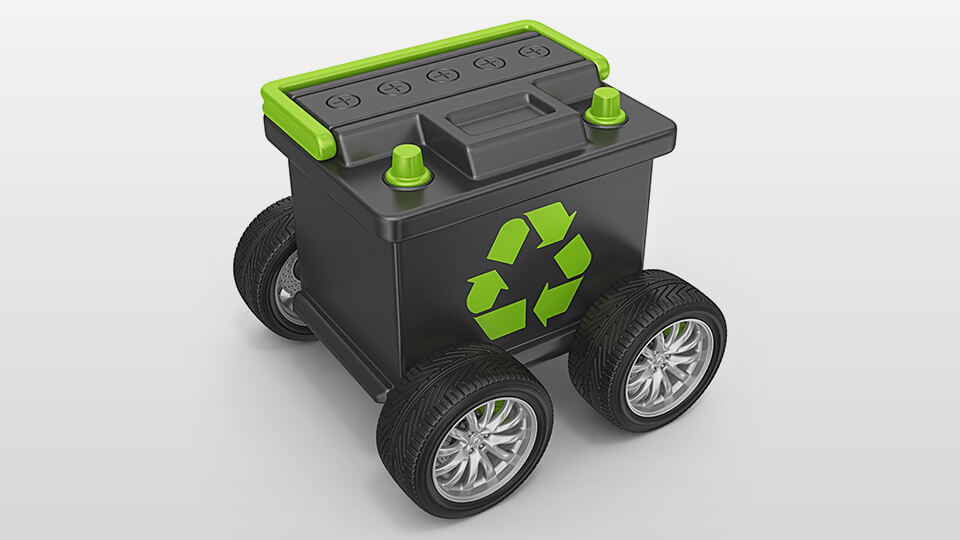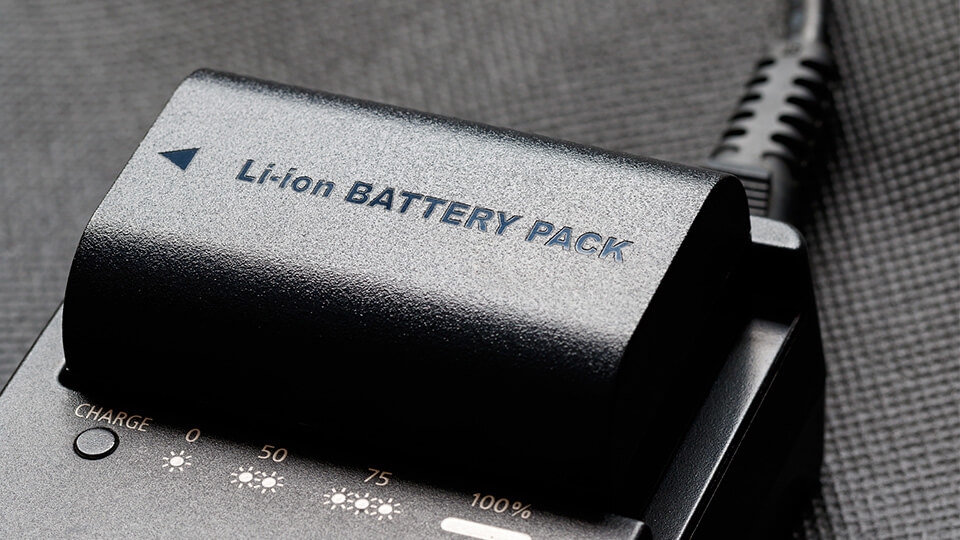Despite the wide variety of demand estimates, the future growth of EV vehicles is assured. More economies are now transitioning to renewable energy. In Australia economic conditions have seen the demand slow for new vehicles as families battle with cost-of-living pressures. In Europe the market has seen an excess of stock of imported Chinese EVs. US demand has slowed. More Chinese EV brands are active in Australia. Not surprisingly, as the price point lowers towards a ‘tipping point’ demand can be expected to grow substantially. From a slow start the recharging structure is now a high priority for both governments and many startup businesses, who are keen to expand into this segment of the market.
Manufacturing EV batteries is an energy-intensive process that produces greenhouse gas emissions. And if they’re not disposed of carefully, this could negate any positive environmental impact of driving an electric vehicle.
EV batteries contain toxic materials liquids and chemicals. If not recycled, and left in landfills, they can leak into the soil and groundwater, posing serious environmental hazards. If recycled, the critical minerals found in EV Batteries can be recovered and reused to manufacture new batteries. Importantly, this also saves us from having to mine for new ones.
Industry Barriers
One of the barriers to the industry going forward in Australia is an understanding of the true costs of developing innovative technologies, and second-life applications. Participating car brands must engage with the recycling industry to achieve a sustainable model on commercial terms. No company will invest unless there is a likely model under which they can achieve a reasonable return on funds.
To date, one of the few companies that is looking at a full circular approach to EV battery recycling is the Ecocycle group of companies. Through its Ecobatt recycling business the company is working with the major car brands to develop an effective program to collect and process only damaged and all end-of-life EV batteries. Although not a major issue now it will become so by 2030, as the early EV adopters will see their car batteries requiring replacement.

More Engagement
Zoltan Sekula from Ecobatt believes that whilst the model is moving in the right direction, governments, car brands and recyclers need to engage more to determine the role they will play in this new infant industry. “I guess it’s not unusual for something so new to have its growing pains. For us we have already invested significantly in infrastructure at a time of much uncertainty”. “We need the international car brands to assist the government understand what’s needed to support the industry so that we can achieve the benefits that recycling can achieve”.
Ecobatt has the only safe transport containers in the country to ensure damaged vehicles can be moved and monitored in a safe and efficient way. These special twenty- foot containers allow an impacted vehicle to be winched safely into a container and be transported reliably to either a dealer for repair, or in the case where it is too damaged, to be fully recycled. The container also has a sophisticated fire suppression system to avoid the potential risks of a fire during transport.





